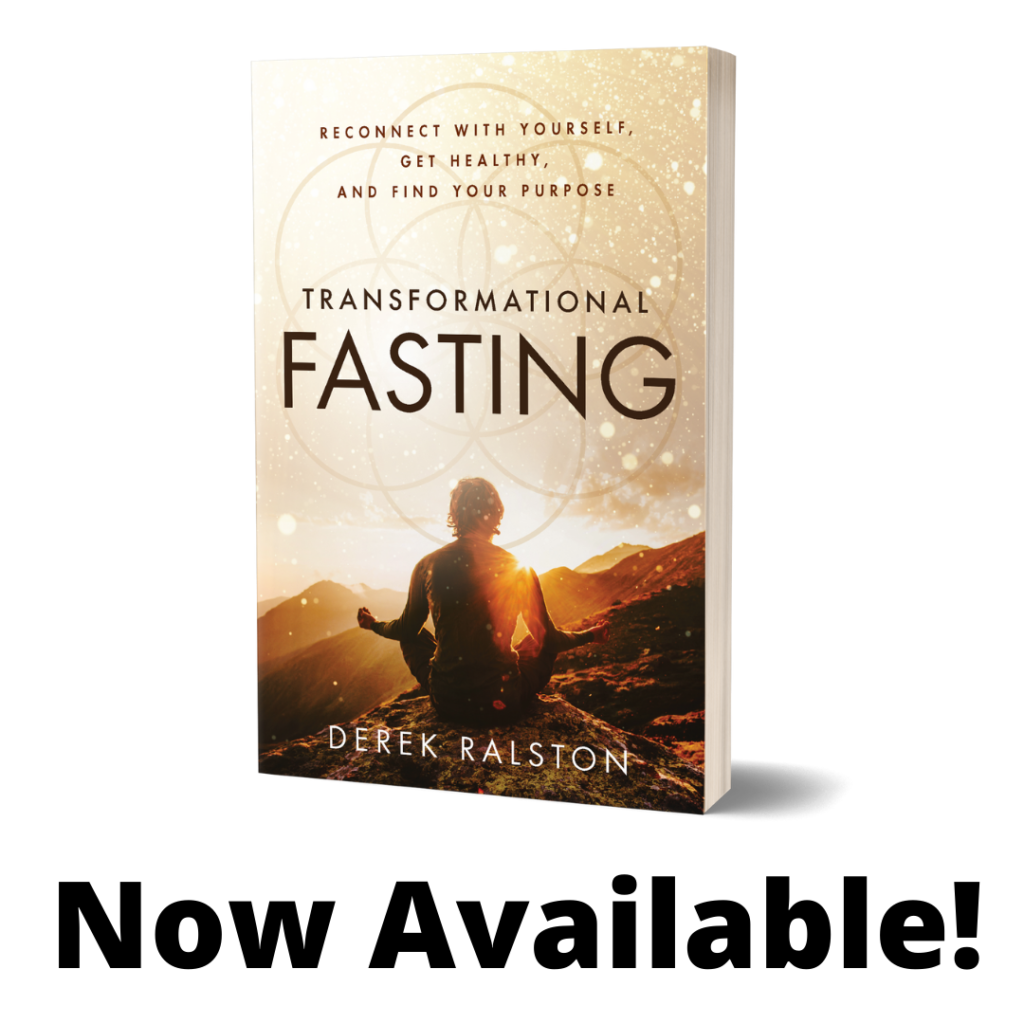When any real progress is made, we unlearn and learn anew what we thought we knew before.
—Henry David Thoreau
We’ve been conditioned by the food industry to believe that fasting will make us underperform. For example, Snickers labeled their candy bars with words such as sleepy, grouchy, and impatient. And we’re bombarded with messages by advertisers like “breakfast is the most important meal of the day.”
Why would food companies intentionally instill this false belief in consumers? It comes down to prioritizing their profits over our health. There is a large marketing spend each year to get consumers to buy more food. Ultimately, big food companies benefit when consumers believe that fasting leads to underperformance.
How do you feel after a big meal?
Think about the last time you ate a big meal, maybe over the holidays. Afterward, you were likely in a food coma due to your body sending blood down to your digestive system and away from your brain. Now think about the last time you were hyper-focused and alert. You were likely in a fasted state during that time. There’s a reason for this: during caloric deprivation, the brain maintains or even boosts its abilities. From an evolutionary standpoint, this makes sense—if you need to find food, this extra brainpower can help you perform better on any task that requires focus and concentration.
Our use of the word “hungry” in spoken language is very telling. When we say “she’s hungry for the job” or “he has a deep hunger to win,” we mean that the person is focused on the task at hand. For most people, it seems ironic that fasting is what actually gives us that focused energy, not hunger.
But if I skip a meal, won’t I starve to death?
Fasting is often thought to be synonymous with starvation. This is incorrect—fasting is voluntary while starvation is not. According to Dr. Jason Fung, MD,
Fasting and starving live on opposite sides of the world. It is the difference between recreational running and running because a lion is chasing you.
When someone is starving, they don’t have access to food and don’t know when they will have their next meal. When someone is fasting, food is readily available, but they are not eating for their own reasons. Starvation is outside of one’s control while fasting is a conscious choice. It’s your body—you choose when to start your fast, when to end it, and how long it will last.
Humans did not evolve to require three meals a day, every day, for optimal function or health. Eating three meals a day was largely a consequence of industrialization; as our workday became formalized, much of the population was drawn away from home on a regular basis. Before their commute, workers ate breakfast to sustain their energy. Midday, they would eat lunch, which was often something simple like bread and butter. And after they returned home, they would have dinner.
When we fast, the body doesn’t immediately go into “starvation mode.” Instead, it switches energy sources from food (stored as glycogen) to fat. This is the reason we store fat in the first place—to be used when no food is available.
What does science say about fasting and mental performance?
Studies have proven that our mental sharpness does not decrease during fasting. One study published in the Journal of Psychiatric Research in 1995, showed that after a 24-hour fast, tasks including sustained attention, attentional focus, and reaction time were not impaired. Another study published in the American Journal of Clinical Nutrition in 2008, involved two days of almost complete caloric deprivation and found no negative effect on cognitive performance.
You won’t underperform if you skip a meal. This false belief is perpetuated due to the spread of misinformation to get consumers to buy more food. So next time you have an important task at hand but you’re feeling hungry, try not to take a bite of that Snickers bar.
Want 10x the benefits of intermittent fasting?

Transformational Fasting is available in print of eBook editions:
Amazon | Apple iTunes | Barnes & Noble | Smashwords (all eReader formats, PDF)
References
- Green, Michael W., Nicola A. Elliman, and Peter J. Rogers. “Lack of Effect of Short-Term Fasting on Cognitive Function.” Journal of Psychiatric Research 29, no. 3 (1995): 245–53. Accessed July 22, 2021. https://doi.org/10.1016/0022-3956(95)00009-t.
- Lieberman, Harris R, Christina M Caruso, Philip J Niro, Gina E Adam, Mark D Kellogg, Bradley C Nindl, and F Matthew Kramer. “A Double-Blind, Placebo-Controlled Test of 2 D of Calorie Deprivation: Effects on Cognition, Activity, Sleep, and Interstitial Glucose Concentrations.” The American Journal of Clinical Nutrition 88, no. 3 (2008): 667–76. Accessed July 16, 2021. https://doi.org/10.1093/ajcn/88.3.667.
Credits
- Thank you Joanna Chan for providing feedback on the draft of this blog post
- Photo by Joshua Fernandez on Unsplash
Accelerate Your Personal Growth

Join my newsletter for more tips and bonus material.

